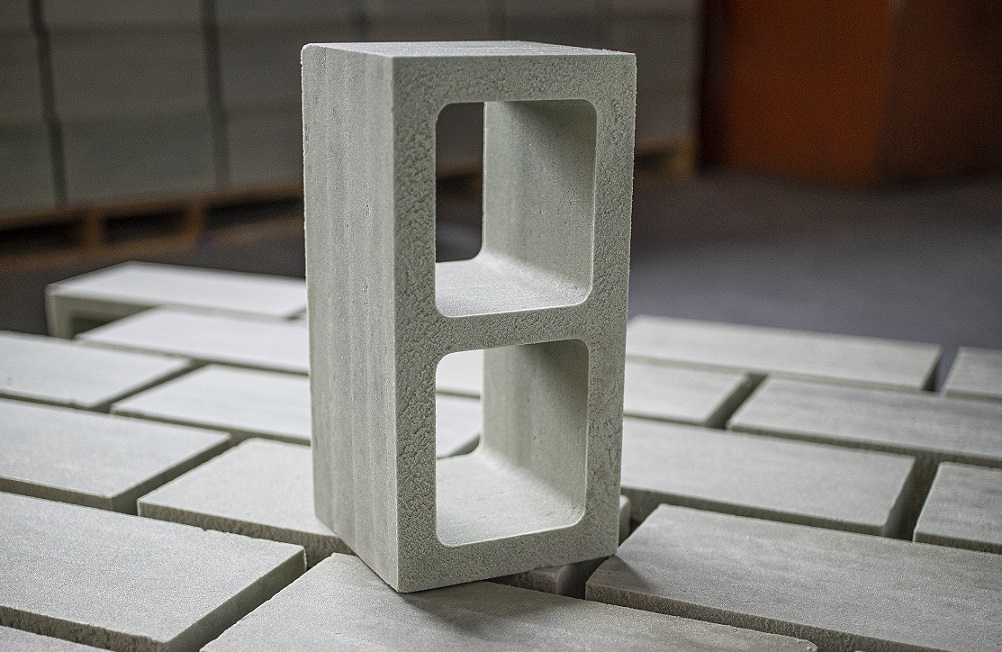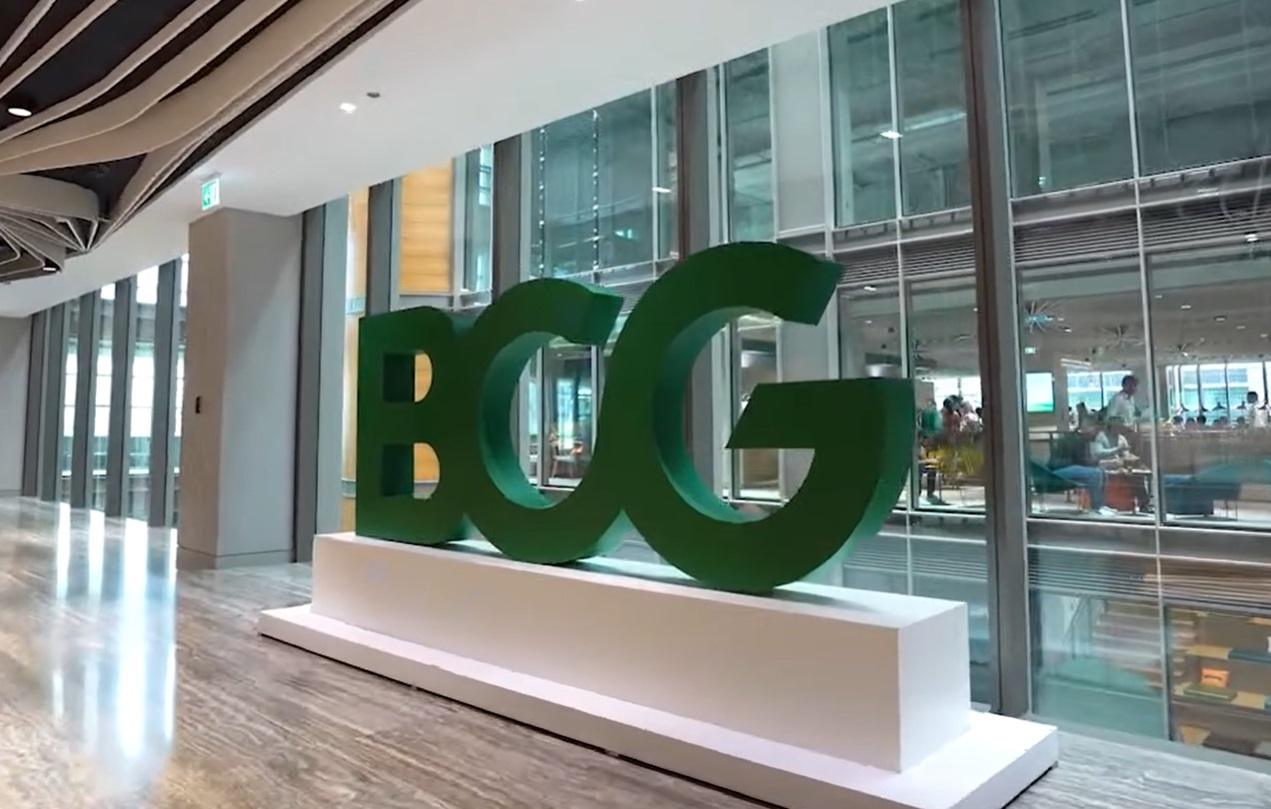Zero Carbon Building Materials Startup Prometheus Raises $8 Million
Zero carbon materials company Prometheus Materials announced today it has raised $8 million in a Series A financing round. Proceeds from the financing will be used to commercially produce zero carbon building products for marketing to architects, engineers, property and facility developers
Founded in 2021 by scientists and engineers at the University of Colorado Boulder, Prometheus uses microalgae to manufacture “bio-cement,” which, when mixed with aggregate, creates a zero-carbon building material with properties similar or superior to portland cement-based concrete.
Loren Burnett, Co-Founder, President, and CEO of Prometheus Materials, said:
“To prevent catastrophic climate change, we cannot simply replace fossil fuels with renewable forms of energy – we must also decarbonize the way we create building materials.”
According to the company, the new material avoids the carbon-intensive processes involved in the production and transport of the 4 billion tons of portland cement each year. The product also sequesters carbon during the production process. When compared to traditional portland-cement-based goods, the solution results in a reduction of about 90% in embodied carbon.
Dr. Wil Srubar III, Co-founder and Chief Technology Advisor at Prometheus Materials said:
“Coral reefs, shells, and even the limestone we use to produce cement today show us that nature has already figured out how to bind minerals together in a strong, clever, and efficient way. By working with nature to use existing microalgae to bind minerals and other materials together to create new types of sustainable building materials, we can eliminate most, if not all, of the carbon emissions associated with traditional concrete-based building materials.”
Proceeds from the financing will be used to manufacture zero carbon masonry units at the company’s facility in Longmont, Colorado. Over the next two years, the funding will also be used to produce other building products, such as precast biocomposite elements, an alternative to traditional precast portland cement-based roofing tiles, wall panels, and others, as well as ready-mix biocomposite, an alternative to traditional cement-based ready-mix concrete.
The funding round was led by life sciences venture capital firm Sofinnova Partners and saw participation by the Microsoft Climate Innovation Fund, Skidmore, Owings & Merrill (SOM), GAF, and The Autodesk Foundation.
Mark Kroese, General Manager, Sustainability Solutions at Microsoft, said:
“As Microsoft grows, we continue to build new datacenters and corporate campuses. Sustainable building materials, like the carbon negative solution from Prometheus Materials, will enable our data centers to actually sequester carbon. We are proud to be working with Prometheus on this pilot program for low carbon concrete, and to be investing in companies that accelerate building decarbonization through our Climate Innovation Fund.”





